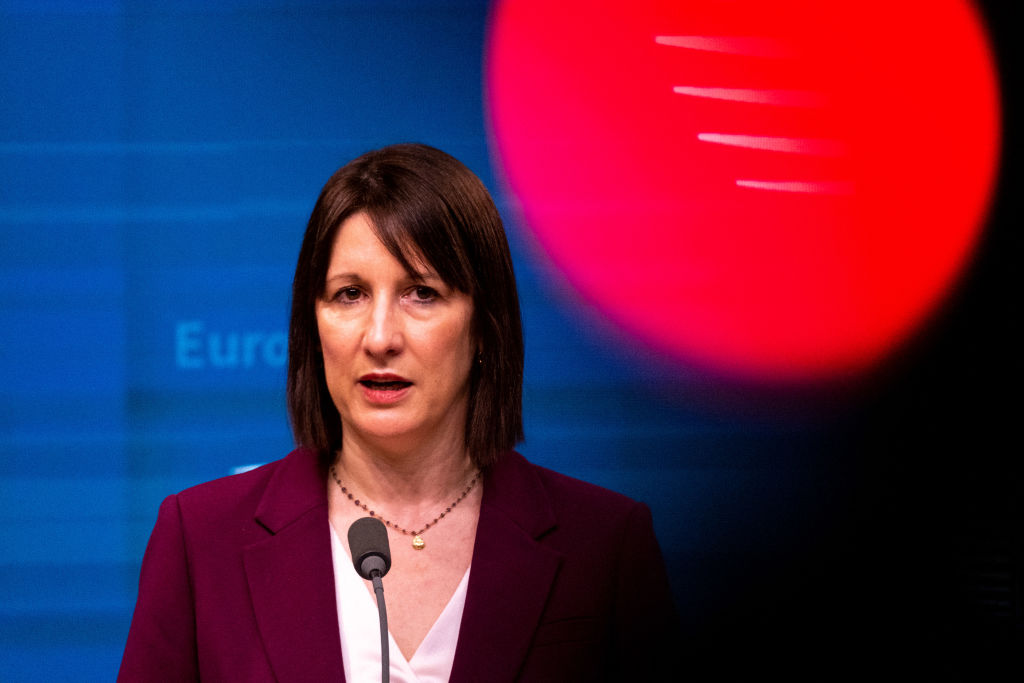Don’t make promises you can’t keep. Worse, when it becomes apparent you can’t keep them, don’t double down on them because nobody will believe you.
Someone should have given Chancellor Rachel Reeves that advice during the election campaign last year, when she promised to repair public services, restore economic growth and balance the books. This, impressively, all without raising income taxes, national insurance or value-added tax, thereby ruling out the bulk of the country’s revenue-raising sources. Anyone doing the maths could tell it was, to say the least, optimistic. It was safe to assume that she would have to drop at least one of those pledges after the election, the most likely candidate being the commitment not to raise taxes.
But she stuck to her guns. So to meet the funding goals of her other ambitions, she delivered a budget that leaned heavily on business taxes, with a predictable impact on investment. Businesses now report they plan to meet their added expenses by cutting jobs, reducing wages and raising prices. The first two measures will slow the economy, the third will raise inflation, possibly giving us the dreaded combination of stagflation.
The international backdrop is further complicating her task. With the world awash in debt since the pandemic, investors are demanding a higher return for the money they lend to governments, driving up interest rates on long-term instruments. The main driver of this trend is the US, whose huge deficit shows no sign of abating. As investors drive down prices on US bonds, which raises their yield — effectively, their interest rate — the effect spreads globally. Since the dollar is the global reserve currency, everyone is willing to park their money in US Treasury paper, which means money is flowing stateside from all over the world, and thus leaving other countries.
Britain is just one of many victims of this American flight. But unlike other countries, whose interest rates are getting dragged higher by US bonds, Britain is now pulling away from the pack. UK gilts pay, by some distance, the highest interest rate of any G7 country, and the gap has been widening. In part this is due to the persistently higher rate of inflation in the UK. However, there are signs that investors are losing faith in the government’s fiscal strategy, and thus demanding a premium on the money they lend to it.
While not as rapid an increase in interest rates as was seen during the Liz Truss episode, when gilts leapt by over a percent in just a few weeks, the scale is worse, with interest rates now at levels last seen at the time of the 2008 financial crisis. The danger for Reeves is that she may now have trapped herself in a self-reinforcing downward spiral. As interest rates rise, government debt payments go up. That reduces the money available for other programmes. If the government won’t raise taxes, it must therefore cut spending. That in turn, risks slowing the economy, and with that, tax revenues. If tax revenues go down, so too must spending. And on the cycle might go.
Breaking out of such a vortex would probably require Reeves to level with the public and drop one of her pledges. So far, she refuses to do that. Bond investors are responding with a resounding “we don’t believe you”. Simply insisting with more vehemence that she’s serious won’t likely restore her credibility. She may have no choice but to back down or watch as the economy slides into stagflation, but either outcome will bring her Chancellorship into question.











Join the discussion
Join like minded readers that support our journalism by becoming a paid subscriber
To join the discussion in the comments, become a paid subscriber.
Join like minded readers that support our journalism, read unlimited articles and enjoy other subscriber-only benefits.
Subscribe